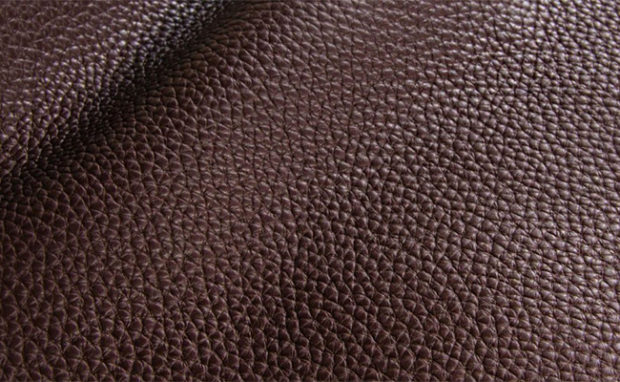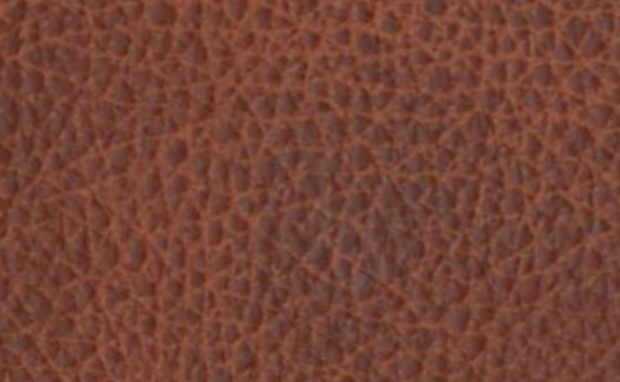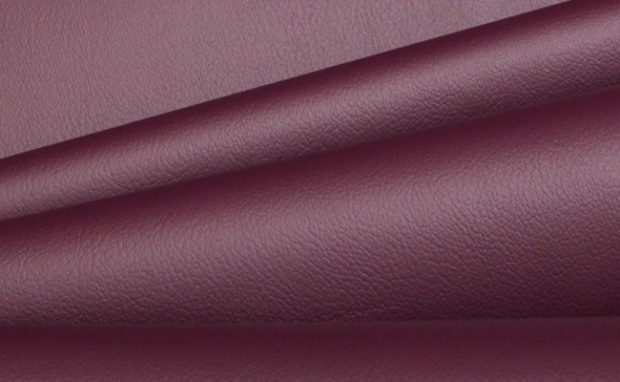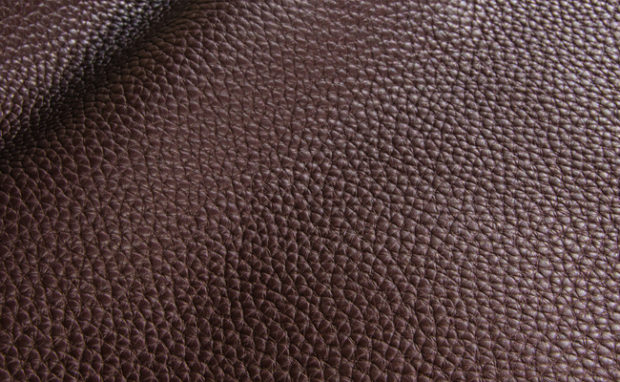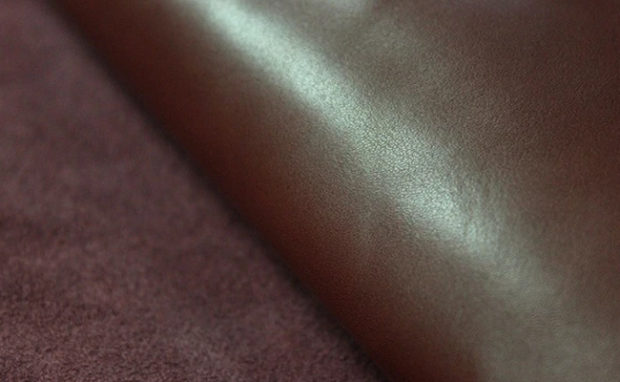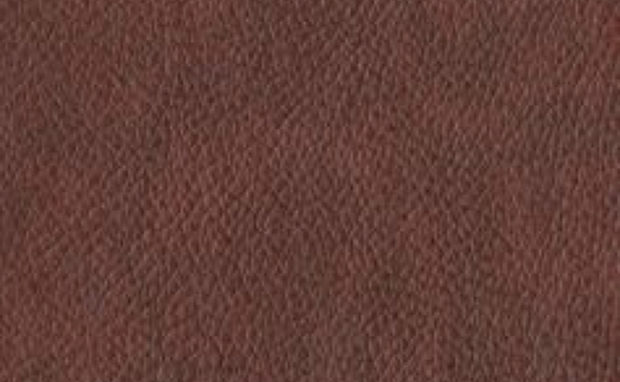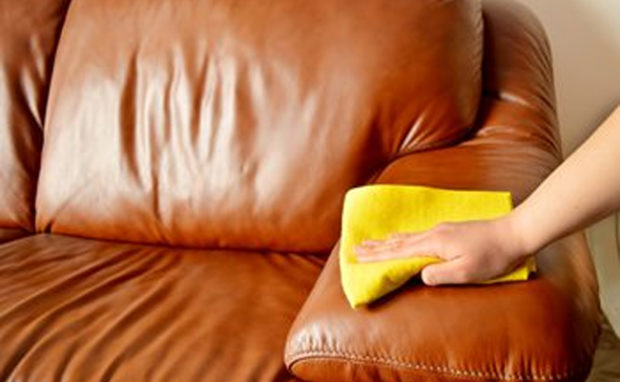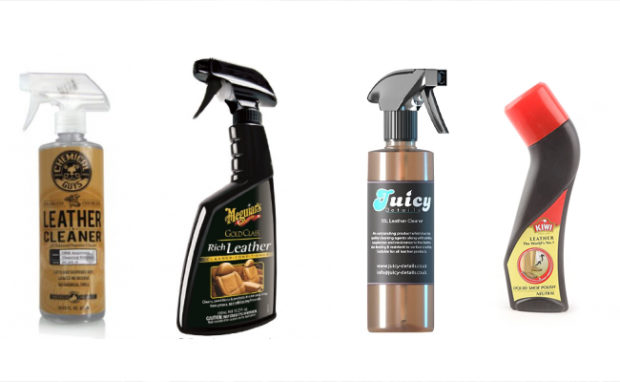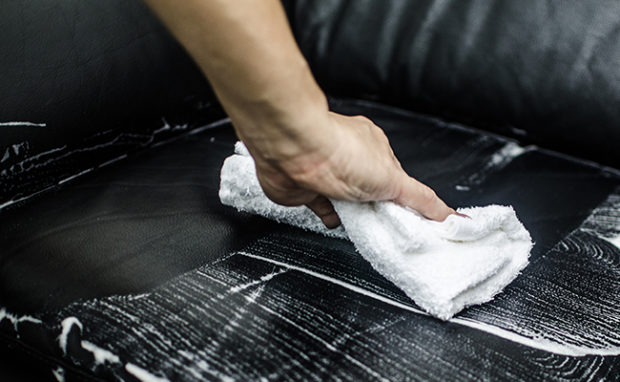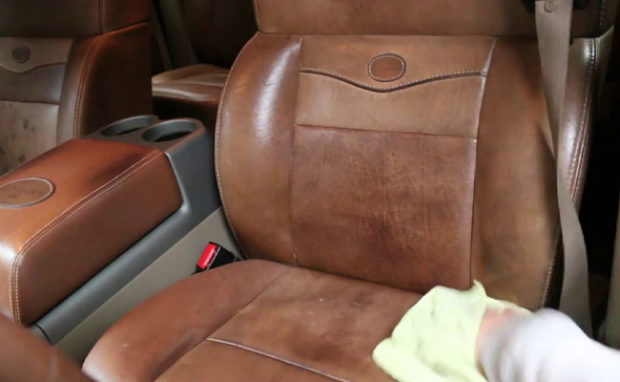How to Condition Leather | Keep Your Leather Looking New
You must have heard that conditioning makes leather last. This is true, but you may be wondering how to condition leather. If you are interested in enhancing your leather, read on to see what conditioning the timeless material can do for you.
This article is for leather enthusiasts who are interested in keeping their leather items (bags, seats, clothes, or belts) in ‘like-new’ condition. In this overview, you’re going to learn about the types of leather, leather conditioning, leather cleaning, and leather cleaning agents.
Leather is Leather (or not)
“Be it leather shoes, a leather bag, a leather couch, or leather anything, leather is leather.”
Well, as true as this statement is, you’ll agree with me that leather differs in quality and texture. It is not advisable to use the same kind of conditioning method on all leather types, due to their differences in layers.
There are different layers of leather, and all existing layers will be mentioned and discussed. Enjoy this summary on how to condition leather.
Full grain leather:
Full grain leather is said to be the best kind of leather. It is the uppermost layer of the hide. It’s usually thick, strong, and durable. When unprocessed, it retains natural scarring and original hair cell patterns. While it can come in different colors or protective finishes, full grain leather is always easy to spot.
Top grain leather:
Top grain leather has been processed, sanded, and smoothed. These processes don’t affect the quality, but they remove scarring that may be present, resulting in a smooth finish without original texture.
Smooth grain leather:
Smooth grain leather is cheap, but it is durable. It can be used for lower cost upholsteries, clothes, and even shoe surfaces. Smooth grain leather is otherwise referred to as ‘split suede.’
Corrected grain leather:
Corrected grain leather is jokingly referred to as ‘look but don’t touch’ leather by the Buckskin leather company. As its name implies, this leather is very beautiful, but highly sensitive. It requires extra care and conditioning because it is hard to clean when stained.
Split leather:
Split leather is the remaining part of the hide after the top grain has been extracted or removed.
Recycled leather:
Recycled leather is the most impure form of leather. It is the combination of fiber particles, which are then glued together into a fabric and layered as an artificial grain finish. This is the cheapest of all the leather types presented.
How to Condition Leather – Leather Cleaning or Leather Conditioning?
There are two different ways to keep your leather shining: leather cleaning and leather conditioning. Each of these methods has its own perks. There are situations suitable for each method, but they definitely go hand-in-hand.
How to Condition Leather – Leather Cleaning
Leather cleaning: like any other material, leather gets dirty and dusty. As a matter of fact, polishes make things worse, as they can stick to the leather and trap dust in the exterior. This can “choke” the leather and tarnish the natural texture. Therefore, if leather is not cleaned consistently, it may crack over time.
How to Condition Leather – Leather Cleaning Agents
There are several ingredients that can be used for leather cleaning. These ingredients are known for soaking up the grease and dirt that builds up on the leather’s surface. It also removes stains present on the leather.
Note: no matter the quality of the leather, using standard soap, or a soap that contains alcohol, will cause damage to the leather. Use subtler cleaning agents like paste saddle soap, Kiwi saddle soap, Meltonian saddle soap, and other saddle soaps. Additionally, they are easy to use and come with simple instructions.
How to Condition Leather – How to Clean Leather
Though saddle soaps come with instructions on how to use them, these instructions are easy to understand and follow:
- Get a wet, soft cloth material and wipe the leather surface.
- Apply the appropriate amount of the saddle soap to the leather surface.
- Spread the soap on the leather surface, and allow it to absorb for a while before wiping with a dry cloth.
How to Condition Leather – What is Leather Conditioning?
Leather conditioning: leather conditioner work as a ‘skin moisturizer’ by keeping the surface of the leather moist and crack-free. Leather, like regular skin, dries out over time and requires hydration to keep its smooth texture and grain patterns.
How to Condition Leather – Leather Conditioning Agents
Leather conditioning agents are easy to find or make. That is, you can choose to buy or make your own leather conditioner. There are many controversies surrounding some of the oils used in leather conditioner.
As an expert in leather care, I’ll recommend some oil options with instructions on how to use them. Oils like mink oil, essential lemon oil, leather honey oil, coconut oil, and virgin olive oil are some of the available options. Other conditioning agents include beeswax and natural baby soap.
Related Articles
Our Top Picks: Watch Faces for Apple Watch
How to Clean a K&N Air Filter: A Simple, but Long Process
Lacoste Carnaby Evo Men Shoes | A Special Shoe
How to Condition Leather – Instructions
- Put a small quantity of your choice leather conditioner on a soft cloth.
- Rub the conditioner into the leather gently.
- Repeat this process once every month to keep your furniture, shoes, and other leather products in premium condition.
Conditioning Leather – Final Thoughts
Like I said earlier, you have to pay attention to leather and care for it if you want your money’s worth. Follow the instructions to give your leather goods a shining appearance in any situation. Understanding how to condition leather is a valuable topic as you age; keeping leather in good health will let your favorite items last a lifetime.

